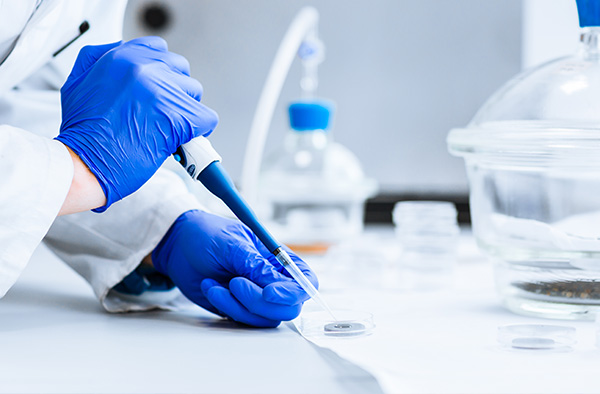Protein Expression Analysis
Protein Expression Analysis
Protein Arrays increase efficiencies in quantity:
They recognize thousands of protein expressions in one sample.
Available Samples: Cells, Stem Cells, Culture Medium, Serum, Plasma, etc.

Antibody Arrays identify proteins in small samples with high sensitivity.
We can examine up to 8,000 protein expressions at once.
Antibodies allow you to quickly and accurately identify up to hundreds of Cytokines, Chemokines, and Growth Factors.
We quickly and accurately identify up to hundreds of Cytokines, Chemokines, and Growth factors using antibody arrays.
Research Application Areas
Observable Characteristics from Research
Compared to ELISA, Antibody Chips have
Research Service Implementation Process

STEP 1.
Study Design & NDA Writing

STEP 2. Microarray
Preparation &
Sample Pretreatment

STEP 3.
Main Experiment & Analysis

STEP 4.
Writing & Sending Report